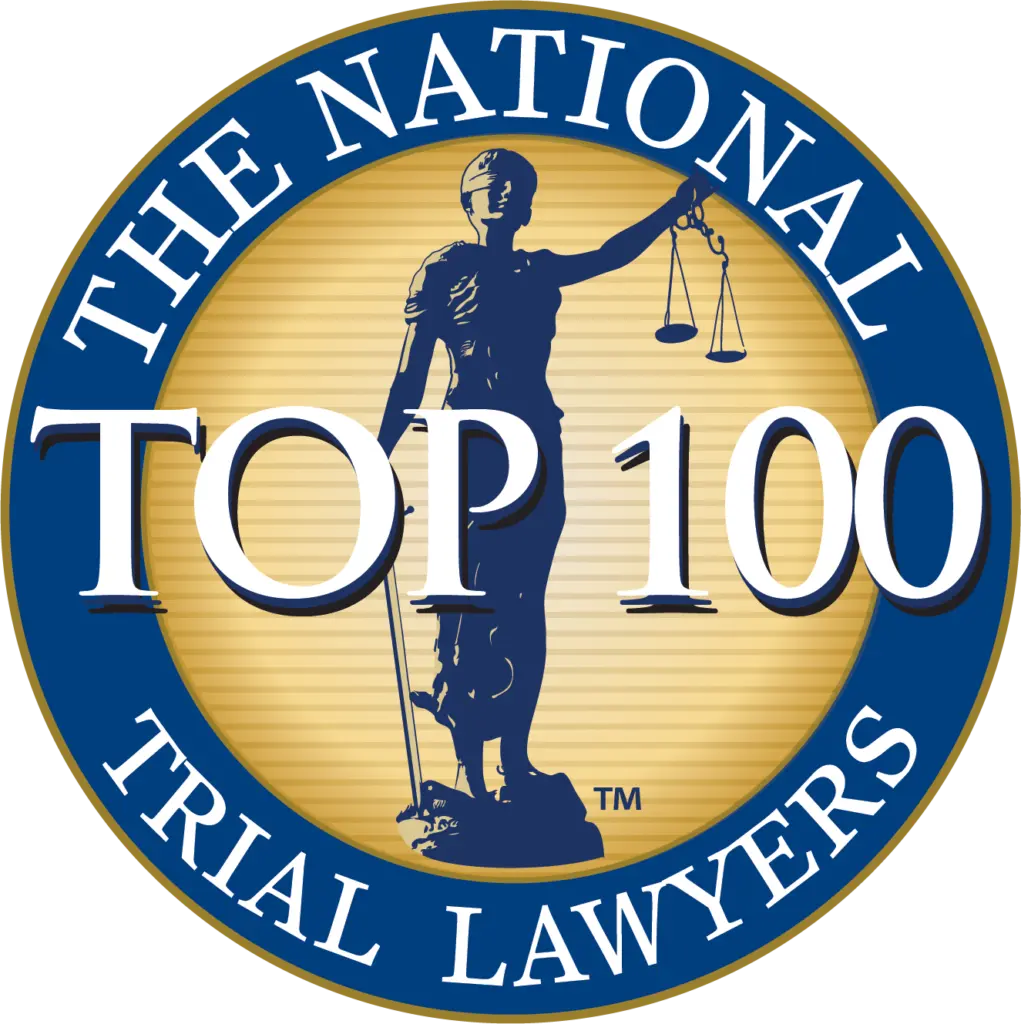Call For A Free Consultation
415-897-4801
Novato Corporate Office (Mailing Address):
10 Commercial Blvd #206 Novato, CA 94949
Offices Located In San Francisco, Oakland, San Jose, Walnut Creek, Pleasanton, Santa Rosa, Napa, Redwood City, Sacramento and Newark
Is a Business Owner Liable if a Client Sustains an Injury on the Premises?
All business owners operating from a physical location have a legal obligation to keep visitors safe while on their premises. If a client sustains an injury while on the premises, there’s a strong chance the business owner is liable, but this isn’t always clear-cut.
Understanding Premises Liability
In the context of personal injury, premises liability is “The liability a land owner/occupier has for any injuries that are caused by unsafe conditions of the property”. Each state has a version of premises liability law with slight variations, so understanding local laws is essential before filing any compensation claim.
Even though the landowner/occupier is liable for injuries caused by hazards within their property, they don’t hold ultimate liability. They are only liable for accidents that could have reasonably been prevented. There are also other limitations to how much a premises liability claim can seek, which has to do with the extent of insurance policies in place.
Are Business Owners or Property Owners Liable?
In the majority of client injury cases, the business owner is liable for paying compensation. This is irrespective of who the property owners are. Every business owner has a responsibility to keep all visitors safe from harm, which means assessing risks and putting appropriate measures in place.
If a property is vacant and the landlord is showing a prospective business owner (client) around, then the property owner would be held responsible. Additionally, general maintenance responsibilities not allocated to the business owner would fall on the property owner’s shoulders, for example, if a client tripped on an uneven parking lot.
Common Causes of Accidents in Premises Liability Cases
Injuries come in different shapes and forms, but there are common trends in premises liability cases. One of the leading causes is slip and fall accidents, which can range from non-serious to fatal. Common slip and fall hazards involve wet surfaces, trailing wires, damaged carpets, and uneven flooring.
Business owners can also protect clients by installing adequate security techniques including surveillance equipment, lighting, security guards, and alarm systems. If an accident happened and negligent security was to blame, the business owner would be liable.
A rising premises liability cause is bites from unrestrained dogs. It doesn’t matter if the dog belongs to an employee, the owner, a client, or any other visitor, the business owner is likely to be held responsible. After all, it’s their choice to allow dogs onto the premises in the first place.
Key Factors in Premises Liability Cases
When we put together a premises liability case, it’s essential to prove the existence of four distinct factors. Firstly, it has to be evidenced that the business owner had a duty of care at the time of the incident. We will chase down business records to confirm this, so this is rarely an issue.
Next, we have to show that the business owner was negligent in their duty of care. Perhaps there was a safety law breached or they purposely ignored repairs. Business owners should retain maintenance records, which we will retrieve and assess on your behalf.
Sustained injuries must be tangible, meaning they result in financial burdens including medical expenses and loss of earnings. We can then build your case to include intangible damages, like emotional distress.
Even if we discover negligence on behalf of the business owner, we then have to prove it was directly responsible for your injuries, which is where the investigation starts to get a little tricky.
Full Compensation Vs. Comparative Fault
The best-case scenario is that we find concrete evidence that negligent actions caused your injuries, meaning the case will likely settle out of court and we can claim full compensation to help alleviate the pressures of life. However, many businesses will argue that the client was partially at fault; for example, you were running on the property and slipped over on a wet floor without signage.
When this happens, the case will go to court and a system called comparative fault will kick in. This is where each party will present evidence and the court will decide how to split liability. Although you may lose a percentage of the compensation, it’s a better position to be in than losing it all.
When a client slips on a business premises, the business owner is liable for paying damages as long as there’s sufficient evidence to prove duty of care, negligent actions, tangible injuries, and causation.
If you have been injured while visiting a business premises, visit Rush Injury Law at the following offices:
- 10 Commercial Blvd, #206 Novato, CA 94949
- 75 Broadway #202, San Francisco, CA 94111
- 3558 Round Barn Blvd, Suite 200, Santa Rosa, CA 95403
Or call us today for a free consultation on (415) 897-4801.
© 2026 Rush Injury Law. All Rights Reserved.























